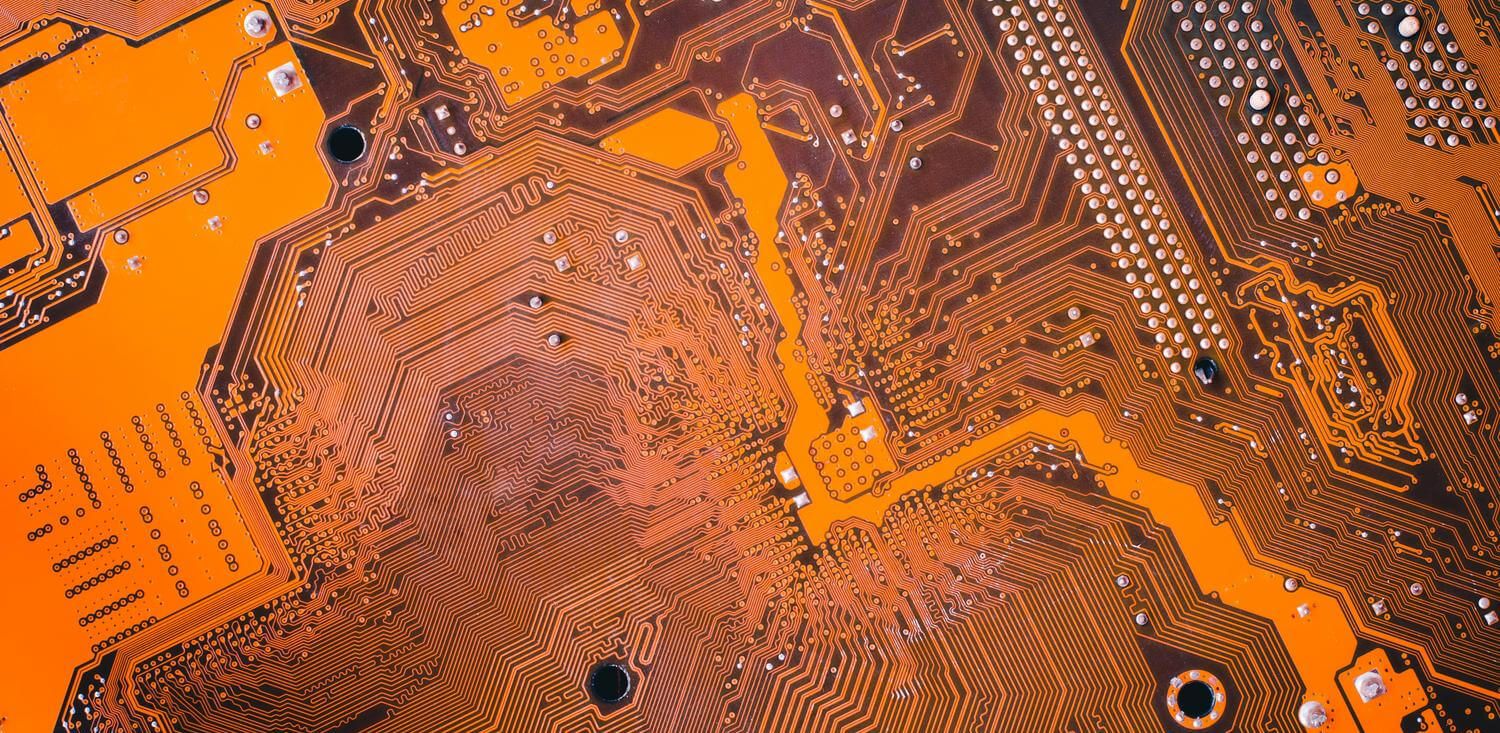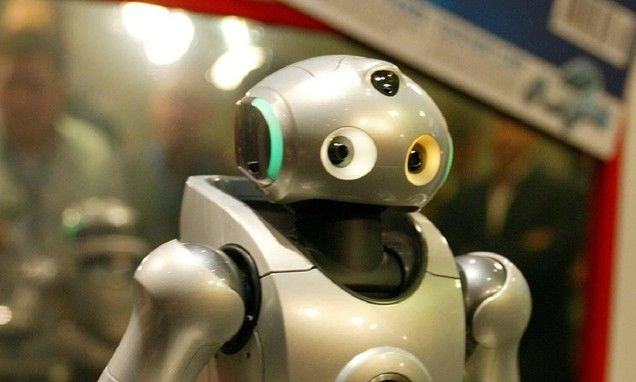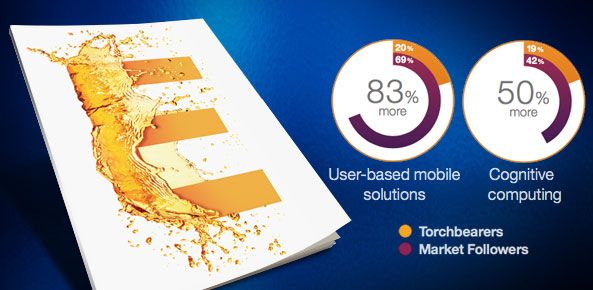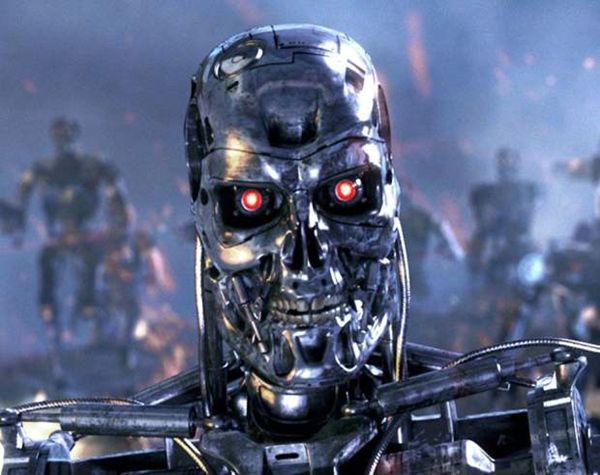I believe that AI holds a lot of promise and many great things; however, we have to correct some very critical issues 1st before compound a huge issue that we have today. And, that is Cyber Security and re-establish trust with our consumers and customers. Without these 2 being fully addressed; you will compound these two challenges with AI plus run the risk of having an IoT that most people will not wish to use due to hackers, bad data, etc. Not to mention lawsuits for Wi-Fi connected robotics that were hacked and injured or worse some innocent person.
I believe need to ensure priorities are in order before we make things worse.
Unexpected convergent consequences…this is what happens when eight different exponential technologies all explode onto the scene at once.
This post (the second of seven) is a look at artificial intelligence. Future posts will look at other tech areas.
An expert might be reasonably good at predicting the growth of a single exponential technology (e.g., the Internet of Things), but try to predict the future when A.I., robotics, VR, synthetic biology and computation are all doubling, morphing and recombining. You have a very exciting (read: unpredictable) future. This year at my Abundance 360 Summit I decided to explore this concept in sessions I called “Convergence Catalyzers.”








